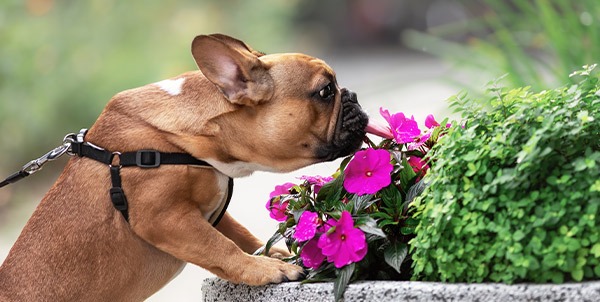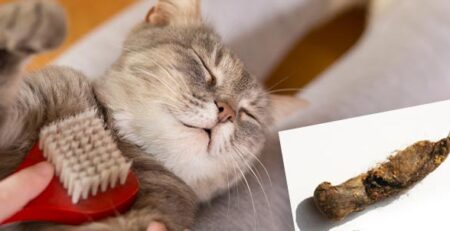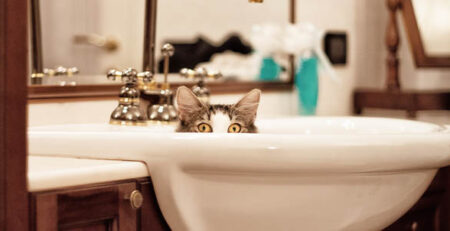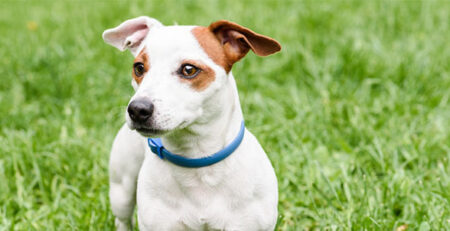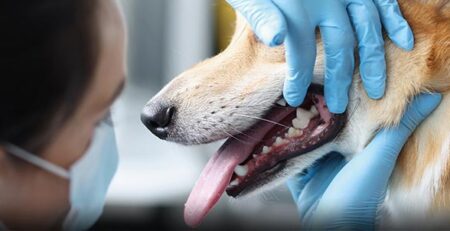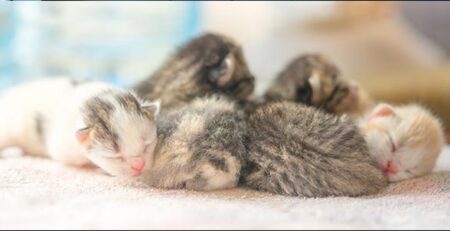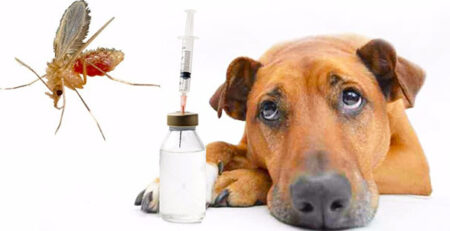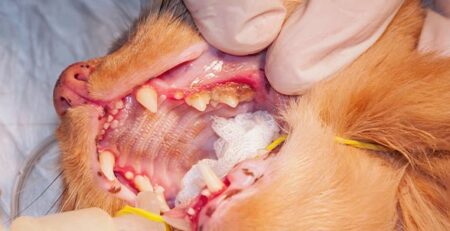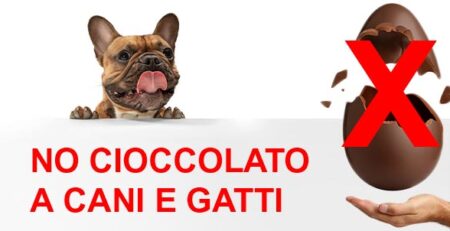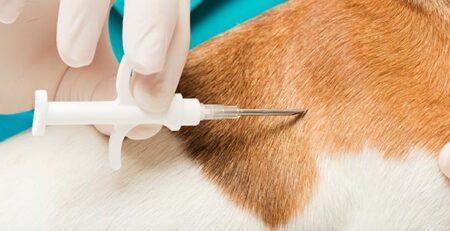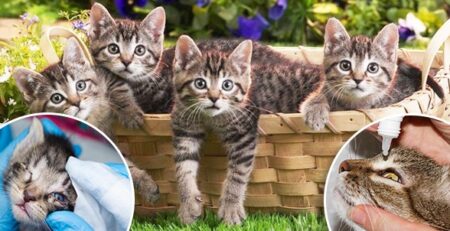Table of Contents
Poisonous plants for animals: when it’s not all sunshine and roses in the garden
Apartments, offices, terraces, courtyards and gardens are places normally designated for ornamental, wild or cultivated plants.
And so far, nothing unusual. But are you really aware of the dangers to your animals from ingesting plant leaves, seeds or bulbs?
Indeed, there are many plants that are harmless to humans and that beautify homes and gardens by bringing a touch of cheer and color, which can have serious consequences if ingested by dogs and cats.
Here are the poisonous plants that are enemies of our animals
The list below includes the most commonly found animal poisonous plants in homes and gardens and the parts of them that are harmful: berries, leaves and flowers, seeds and bulbs, or the whole plant and especially the sap.
You will be amazed to discover the danger of some of them, harmless to humans but unsuspectedly harmful to dogs and cats.
- BACCHE: Holly, Mistletoe
- LEAVES AND FLOWERS: Aloe, Azalea, Boxwood, Cactus, Ivy, Rhododendron
- SEEDS: Wisteria
- BULBS: Amaryllis, Daffodil, Iris, Tulip
- ALL THE PLANT, PARTICULARLY THE LEAF: Anemone, Anthurium, Begonia, Calla, Cyclamen, Chrysanthemum, Croton, Ficus, Philodendron, Lily, Jasmine, Oleander, Hydrangea, Primula, Ranunculus, Poinsettia
The symptomatology of poisonous plant intoxication
The symptoms by which it manifests are:
- Dermatitis
- Temperature increase
- Nausea
- Vomiting
- Colic
- Diarrhea also bloody
- Cramps
- Convulsions
- Tremors
- Hypersalivation
- Prostration
- Abatement
Animals do not know how to recognize poisonous plants
In adults, cases of poisonous plant intoxication are infrequent.
But the issue changes for puppies.
In fact, the latter, because they are driven by their natural curiosity to explore and learn about their environment and beyond, usually chew on anything that catches their attention.
For this very reason, puppies are most at risk of ingesting poisonous plants, and precisely because of their “resourcefulness” they must be monitored carefully.
As early as 2011, the CAV (Poison Control Center) at Niguarda Hospital in Milan was sounding an alarm: between 2000 and 2011, cases of plant poisoning involving animals accounted for 5.7 percent of the total number of reports received.
If our animals were really able to recognize toxic plants from harmless ones these data would be less significant and worrying.
Among the most reported animal poisonous plants are CYCAS, CHRISTMAS STAR, ORTENSIA and RODODENDER.
Desertifying the garden is not necessary
This article is not intended to create alarmism or cause you to eradicate from your garden flowers and plants of whose toxicity you are now aware.
Rather, it is intended to draw attention to a potential danger that can be easily and preventively contained with a few simple precautions and a little extra care:
-Replacepots and planters in places in the house inaccessible to animals
-Buildfences around the “offending” plants using even common wire mesh found in any hardware store.
If you suspect that a sudden illness in your pet who “has been alone in the garden” may be caused by ingestion of a poisonous plant, run immediately to your trusted veterinarian.
Unless your veterinarian can give you specific and detailed directions on what to do while waiting to visit the animal, home remedies are absolutely not recommended.
The only achievable result may be a further aggravation of the animal’s condition.
The absolute things not to do in case of suspected poisoning
NEVER INDUCT VOMITING: regurgitation of the ingested substance could cause further injury to the esophagus, pharynx and airway
NEVER SUMMER LIQUIDS: milk, for example, facilitates the absorption of fat-soluble toxins and thus potentiates the effect of poisons
NEVER SUBMIT MEDICINES: The active ingredients of the drugs used may be ineffective or, in the worst case, cause further serious side effects.
We would like to remind you that Clinica La Veterinaria is active with 24-hour emergency service to ensure timely intervention according to the animal’s symptom picture.
La Veterinaria Clinic is open daily H 24, including holidays and with Emergency Service from 8 pm to 8 am.
For the joy of seeing them HAPPY.

